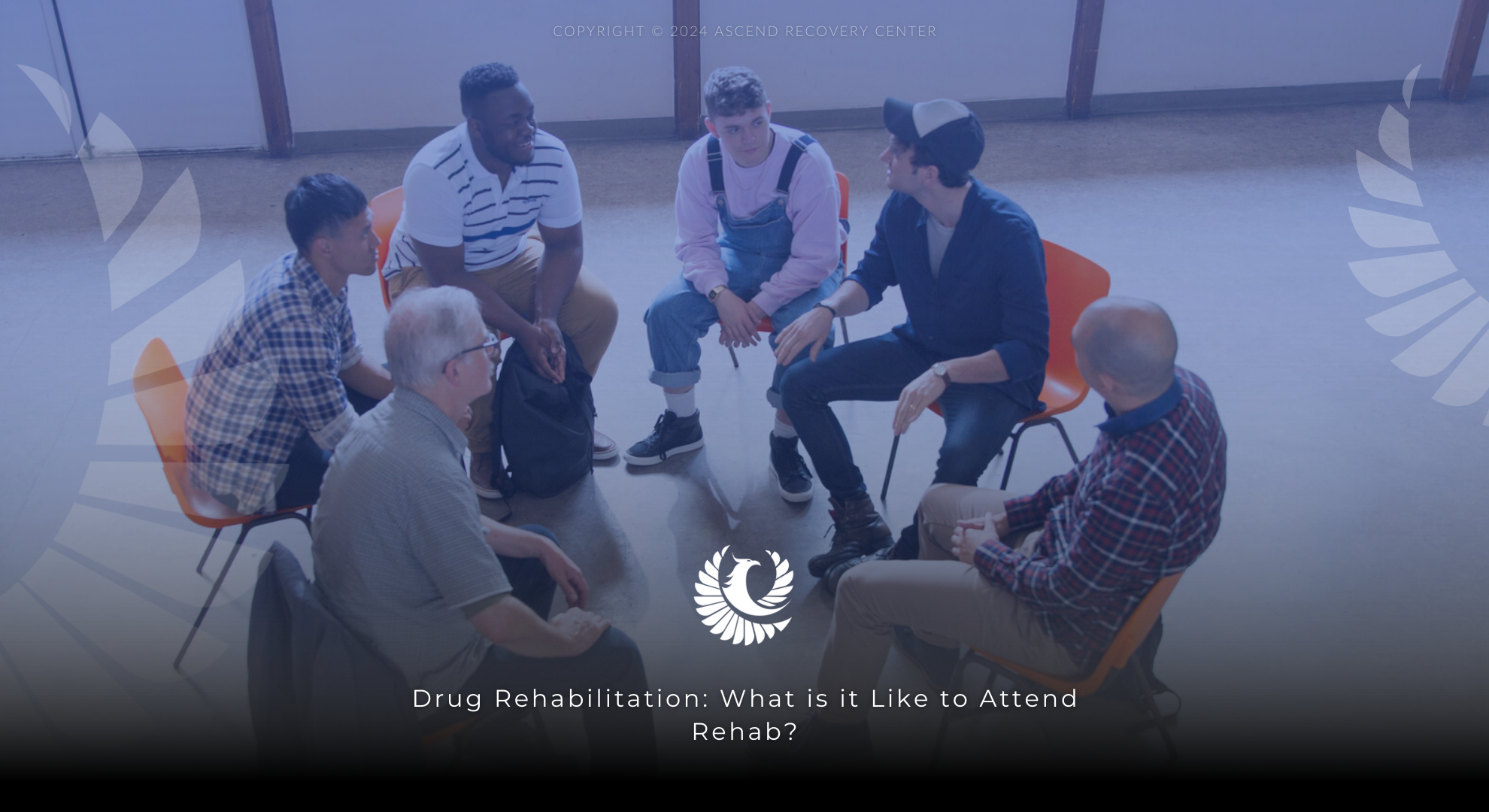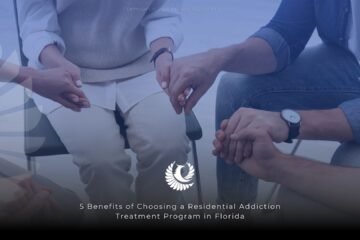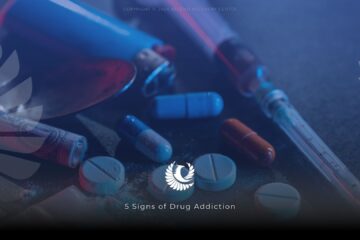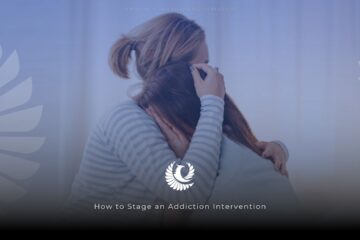Are you or a loved one struggling with addiction? Seeking help through drug or alcohol rehabilitation can be a life-changing decision. But what is rehab like? What should you expect from this transformative journey towards recovery? In this comprehensive guide, we will explore the different aspects of drug and alcohol rehab, providing you with a deeper understanding of the treatment process, types of programs, daily routines, therapy options, and aftercare. Ascend Recovery Centers, a leading addiction treatment facility, is committed to helping individuals regain control of their lives and find lasting recovery. Let’s embark on this journey together.
Understanding Drug and Alcohol Addiction
Before delving into the details of rehab, it’s essential to understand the nature of drug and alcohol addiction. Addiction is a condition characterized by repeated use and dependence on substances that can be either legal prescription drugs or illegal substances such as heroin, cocaine, or ecstasy. Continued substance abuse can lead to severe long-term consequences, affecting various aspects of life, including relationships, work, mental health, and physical well-being.
Identifying the Need for Rehab
Recognizing the signs of drug addiction is crucial in determining whether rehab is the right choice for you or your loved one. Some common indicators include:
- Building a tolerance to the drug, requiring increased amounts to achieve the desired effect.
- Devoting excessive time and resources to obtaining and using the drug.
- Dishonesty or secrecy about drug use with loved ones.
- Experiencing intense cravings and mood disturbances when not using the substance.
- Using drugs to self-medicate or cope with mental health issues or difficult emotions.
- Persisting with drug use despite negative consequences in personal, work, or social life.
- Experiencing withdrawal symptoms when attempting to quit or cut back on drug use.
Types of Rehab Centers
Rehabilitation programs vary in intensity and setting, allowing individuals to choose the most suitable option for their needs. Here are the common types of rehab centers:
- Inpatient Rehab: Inpatient or residential rehab provides 24/7 care in a controlled environment. This intensive program is recommended for severe addiction cases and offers a structured living arrangement with comprehensive therapy and support.
- Outpatient Rehab: Outpatient rehab allows individuals to live at home while attending daily treatment sessions. This option provides flexibility for those with less severe addictions or significant responsibilities, such as work or family.
- Sober Living Homes: Sober living homes are residential environments that offer a supportive community for individuals in recovery. These homes do not provide treatment but focus on accountability, mutual support, and adherence to self-help programs like Alcoholics or Narcotics Anonymous.
A Day in Rehab: What to Expect
Drug and alcohol rehab programs follow a structured schedule to provide individuals with a supportive and therapeutic environment. Although each program may have slight variations, here is an example of a typical day in drug or alcohol rehab:
Morning
- Wake up, have breakfast, and take any prescribed medications.
- Engage in treatment groups or individual therapy sessions.
- Take personal time for reflection, journaling, or practicing new skills.
Afternoon
- Attend therapy sessions, including group activities, art therapy, or music therapy.
- Participate in physical activities such as exercise, yoga, or meditation.
- Have personal time for relaxation or engaging in self-care activities.
Evening
- Enjoy dinner with fellow residents.
- Attend a 12-step meeting or another support group session.
- Engage in an evening group session to reflect on progress and experiences.
- Have personal time before bedtime.
It’s important to note that the daily routine may vary depending on the rehab center’s specific programs and individual needs. The primary goal is to provide structure, therapy, and a supportive community to aid recovery.
Therapy in Rehab: A Path to Recovery
Therapy is a cornerstone of drug and alcohol rehab, helping individuals address the underlying issues contributing to addiction and develop healthy coping mechanisms. Here are some commonly used therapy approaches:
- Individual Behavioral Therapy: One-on-one therapy sessions aim to explore personal issues, set recovery goals, and develop strategies for relapse prevention. Cognitive Behavioral Therapy (CBT) and Motivational Interviewing (MI) are often employed to promote positive change.
- Group Therapy: Group sessions provide a supportive environment for individuals to share experiences, gain insights from peers, and develop interpersonal skills. These sessions often incorporate elements of the 12-Step approach and encourage accountability and camaraderie.
- Family Therapy: Family involvement is crucial in addiction treatment. Family therapy sessions help repair strained relationships, educate family members about addiction, and establish a supportive network for long-term recovery.
- Alternative Therapies: Many rehab centers supplement traditional therapies with alternative approaches such as art therapy, music therapy, equine therapy, and mindfulness-based practices. These modalities offer unique ways to express emotions, enhance self-awareness, and promote well-being.
Preparing for Rehab: What to Bring
Before entering a rehab program, it’s essential to mentally and practically prepare yourself. Here are some considerations:
- Pack essential items such as clothing, toiletries, and any necessary medications. Follow the rehab center’s guidelines regarding what is allowed.
- Leave valuables and unnecessary items at home to minimize distractions and ensure a safe environment.
- Inform your workplace, school, and loved ones about your absence and arrange any responsibilities.
- Ensure your home environment is free from substances or triggers that may hinder your recovery when you return home.
Duration of Rehab
The duration of rehab varies depending on individual needs and the severity of addiction. While some programs last 28 to 30 days, others extend to 60, 90, or even 6-12 months. It’s important to discuss treatment length options with the rehab center during the assessment process to determine the most suitable program for your recovery journey.
Aftercare and Relapse Prevention
Recovery doesn’t end after completing a rehab program. Aftercare services are vital in maintaining sobriety and preventing relapse. Here are some common aftercare options:
- Outpatient Treatment: Continued therapy and support through outpatient programs can reinforce coping skills and provide ongoing guidance.
- Individual Counseling: Regular sessions with a therapist can offer ongoing support and address any challenges in early recovery.
- Sober Living Homes: Transitioning to a sober living home can provide a structured, drug-free environment while offering peer support and accountability.
- Medication Management: Medications for substance use disorders and co-occurring mental health conditions can be prescribed and monitored to support long-term recovery.
- Self-Help Groups: Participation in self-help groups like Alcoholics Anonymous (AA) or Narcotics Anonymous (NA) can provide ongoing support, mentorship, and fellowship.
Choosing to enter drug or alcohol rehab is a brave and transformative decision. Understanding what rehab is like and what to expect can alleviate concerns and help you or your loved one embark on the path to recovery with confidence. Ascend Recovery Centers is committed to providing personalized, evidence-based care to guide individuals through addiction treatment. With the right support and a comprehensive treatment plan, lasting recovery and a brighter future are within reach. Take the first step towards a healthier, more fulfilling life by seeking help today.








